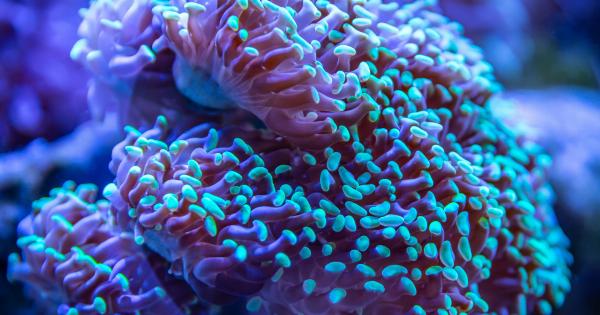Water is an essential element for our body. It constitutes nearly 60% of the human body. Drinking enough water daily is key to ensuring optimum physical and mental health.
With proper hydration, we can improve our immune system, digestion, and prevent dehydration. However, it is important to have an understanding of how much water we need to drink daily. The following guide will provide a clear understanding of how much water we need daily and the ways to calculate it.
Factors That Influence Water Intake
Several factors determine the amount of water that an individual should consume daily:.
- Age
- Weight
- Gender
- Physical activity level
- Climate
- Overall health condition
- Diet
Daily Water Intake Requirements
The Institute of Medicine recommends drinking 2 to 3 liters of water daily for adults, which is approximately 8 to 12 cups per day. The specifics, of course, depend on age, weight, gender, and overall health condition.
For children and teenagers, hydration levels rely on their age and gender. Drinking water is a healthy way to provide children with the water they require. The daily recommendations are as follows:.
- Children aged 1 to 3 years old should consume 1.3 liters (44 ounces) of water per day.
- Children aged 4 to 8 years old should consume 1.7 liters (57 ounces) of water per day.
- Girls aged 9 to 18 years old should consume 1.6 to 2.4 liters (54 to 81 ounces) of water per day.
- Boys aged 9 to 18 years old should consume 1.9 to 3.3 liters (64 to 112 ounces) of water per day.
- Adult women should consume 2.7 liters (91 ounces) of water per day.
- Adult men should consume 3.7 liters (125 ounces) of water per day.
How to Calculate Your Daily Water Intake
To work out how much water you need to consume daily, you should know your weight and your activity level. Here’s how to calculate your daily water intake:.
- The baseline quantity of water someone needs is half of his or her weight in pounds. For instance, if you weigh 150 pounds, you need to drink at least 75 ounces daily.
- If you engage in light activity, add half an ounce of water for each pound of your weight. For example, if you weigh 150 pounds and engage in light activity, you should drink at least 105 ounces of water per day.
- For those who are very active, you should consume one ounce of water for each pound of your weight. If, for example, you weigh 150 pounds and engage in vigorous activity, you should consume about 150 ounces of water daily.
- Those living in hot surroundings need more water also. Drinking one and a half times more water is recommended for those living in hot environments.
- If you consume caffeinated beverages like tea or coffee, you should drink an extra cup of water for every 8 ounces of caffeinated beverages you drink to counteract the dehydration associated with caffeine intake.
Symptoms of Dehydration
Your body can tell you when you’re dehydrated. You mustn’t wait to feel thirsty, as this suggests that you’re already dehydrated.
Consult your healthcare practitioner right away if you’re experiencing any of the following symptoms:.
- Dark yellow colored urine
- Headaches
- Dizziness
- Fatigue or lack of energy
- Thirst
- Dry mouth or throat
- Confusion and irritability
- Dry skin and poor skin elasticity
- Constipation
How to Stay Hydrated
If you need to increase your water intake, here are a few techniques to make it easier to drink more:.
- Invest in a reusable water bottle and carry it with you wherever you go.
- Create a schedule for drinking water if you forget to drink enough during the day.
- Consume water-rich fruits and vegetables, such as watermelon or cucumber.
- Try sipping on herbal tea or flavored water if you struggle drinking plain water.
- Find a water app that reminds you to drink water.
Conclusion
Drinking sufficient water is an essential part of living a healthy life. Use the methods discussed in this guide to calculate the optimum amount of water to consume daily.
It’s also crucial to pay close attention to your body—your body provides signs when you’re dehydrated, like yellow urine, headache, or fatigue. By staying hydrated, we can enhance our body’s functions, maintain good health, and prevent dehydration symptoms.































